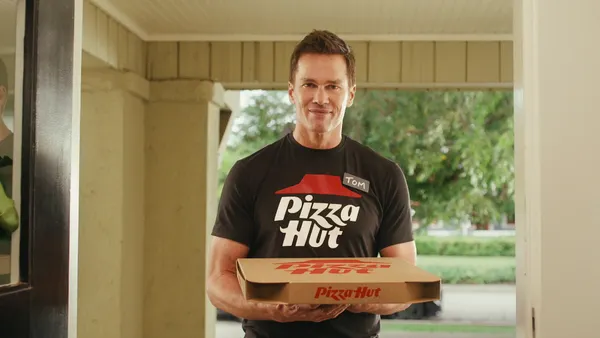Dive Brief:
- YouTube creators in every category except beauty/fashion, family/parenting and food are facing falling CPMs in the February to April 2017 time period, according to Captiv8 research made available to Marketing Dive and reported on by the New York Times.
- It’s not clear that the decline has been caused by the advertiser boycott around brand safety, but the Times article highlighted one creator whose videos are based around paranormal research averaged $6,000 a month in YouTube ad income last year. In January that fell to $3,900, in February and March his monthly income dropped below $3,000 and in April it fell to $1,600.
- The categories taking the biggest hit in Capiv8’s YouTube creator CPM survey include comedy at 37%, gaming at 29% and music and sports both at 17%.
Dive Insight:
It requires some very unscientific extrapolation to say advertisers are shying away from any possibility of controversy, but Captiv8’s results do show that advertisers are putting new dollars into relatively safe and traditional categories like beauty/fashion, family/parenting and food as YouTube makes changes to the platform to help them choose brand-safe content.
The example from the New York Times of the paranormal video creator suggests that the issue can’t completely be laid at the feet of the brand safety issue since that problem didn’t escalate for YouTube until the last half of March. However, the dramatic drop off in revenue from the first quarter to April could conceivably be partially attributed to advertisers either boycotting YouTube or taking advantage of the additional content controls introduced by Google. Another change made around the same requires YouTube channels to have a minimum of 10,000 total views before those channels would be allowed to enter the review process in order to begin serving ads on the content.
With revenues declining for some creators, it is possible they will look to take their content elsewhere while reports of the monetization issues could be enough to encourage new creators to look elsewhere as they try to launch a business. Twitch is one video platform that may be trying to woo a wider range of creators than the gamers typically found on the platform. In April, Twitch introduced a way for more creators to earn money while YouTube's top influencer at one point, Felix Kjellberg or PewDiePie as he is know on the platform, launched a new show on Twitch following a controversy around some of his videos, leading both marketers and YouTube to distance themselves from him.









